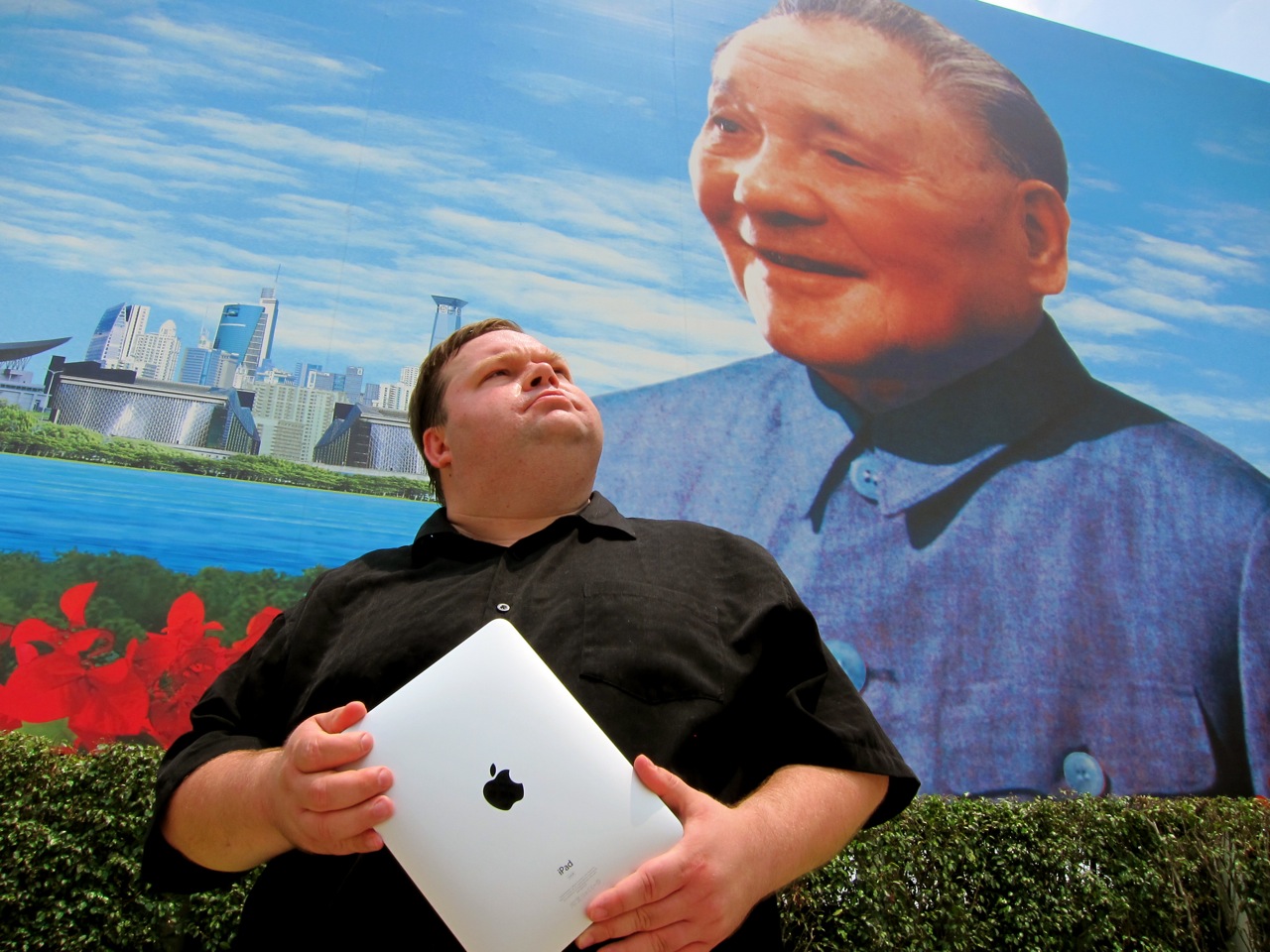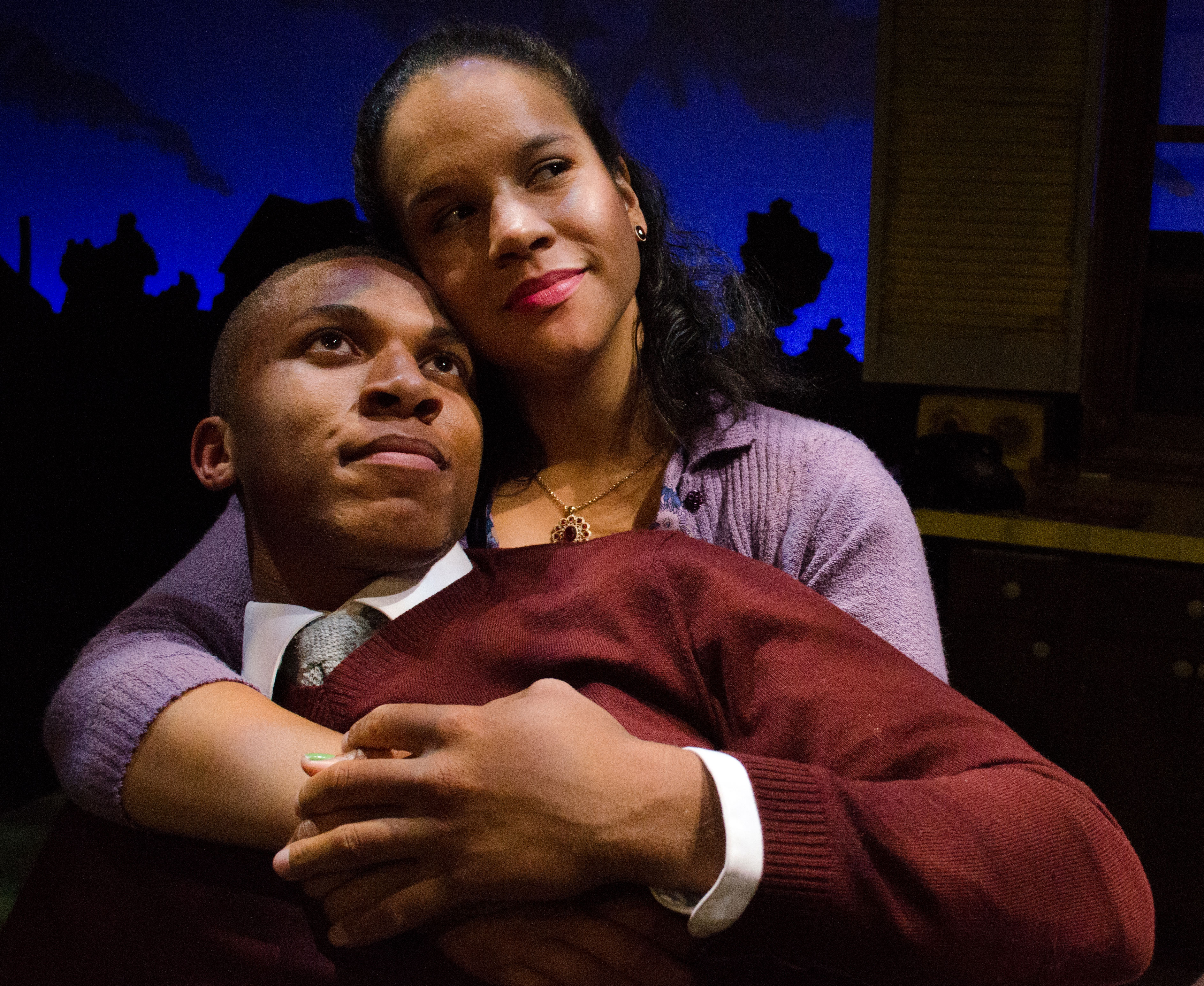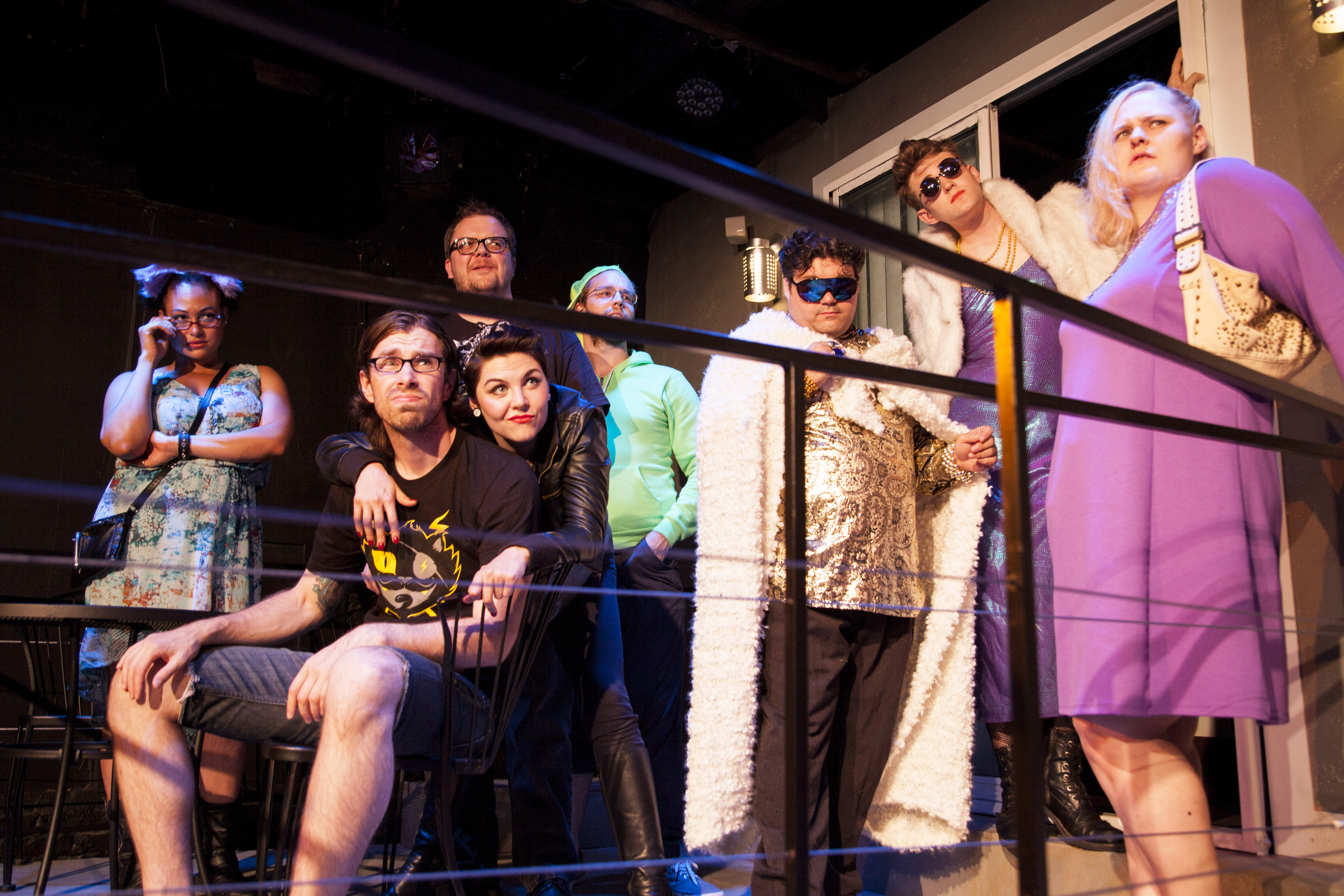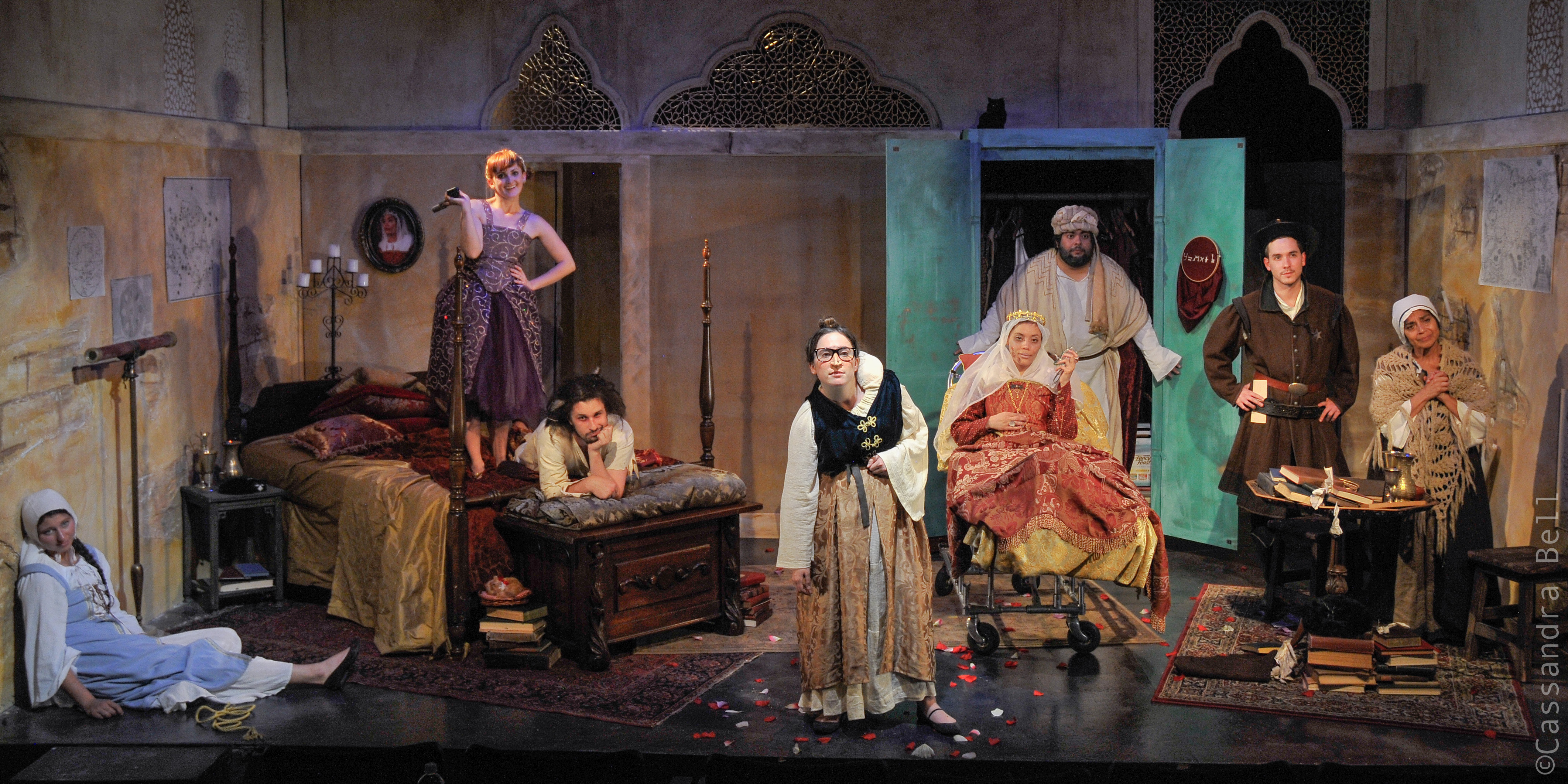“This is Daisey at the top of his volcanic form—indignant, irate, and harder to ignore than the weather.”
Gee, what sap wrote that about Mike Daisey’s scathing monologue The Agony and the Ecstasy of Steve Jobs? Oh, that’s right—me. At the time, like all other critics who praised the show, I came to share his outrage over the abuse suffered by Apple’s suppliers’ factory workers in Shenzhen, China, where Daisey traveled to interview those who assemble our precious iPads and iPhones.
Now, of course, we know different. Former Seattle resident Daisey, who previously based a monologue on his time at Amazon.com, has been caught up in a public-radio debacle in which This American Life retracted an entire episode based on his “reporting” (now in quotes). TAL host Ira Glass explained in a statement that he had been “lied to” by Daisey, who seemingly embellished his research and was then either unhelpful or downright deceptive during TAL‘s attempt to locate his Chinese translator to fact-check his version of events. (Public radio’s Marketplace broke the story.)
To further complicate matters, it appears that much of what Daisey incorporated into his play is based on real events, albeit those he never actually witnessed. Agony suggests otherwise. “I’m not going to say that I didn’t take a few shortcuts in my passion to be heard,” Daisey said when Glass confronted him with his dissembling. “But I stand behind my work.”
Daisey and his defenders claim it’s all “true”—in principle, anyway—and Foxconn factory workers do endure abhorrent labor conditions. And it can be argued that there’s less misreporting of events here than you can hear in a single day on FOX News. But no amount of good intentions can justify lying to the public even for a righteous cause.
Still, I was among those duped at the Rep last May by Daisey’s indictment of Apple and its leader, who died soon after the play’s Seattle run. I called it “a cascade of information delivered with consummate mastery.” Let’s face it: Drama critics are writers, like playwrights, and we get caught up in the fervor of a well-written rant. Which Agony is. But I also referred to Daisey as a “raconteur/monologist”—not a reporter.
As a reporter myself (one who also writes theater reviews), I am well familiar with what Daisey calls “artistic license.” Still, when a playwright/performer tells you he went to the trouble of actually visiting China and hiring an interpreter to do interviews, you naturally believe the onstage results reflect genuine, firsthand accounts. (Remember the withered-hand guy saying the iPad was “like magic”? Never happened.) But Daisey is a master of convincing bluster; he’s a smart, persuasive stage professional who fooled Glass, me, and most everyone else who saw his show.
He also reminds me of another compelling entertainer I once interviewed. Some years ago, I was working in Hollywood when Oliver Stone rolled out his account of the Kennedy assassination, JFK. Several former staffers who’d contributed to the government’s Warren Commission report debunked his film as a paranoid work of fiction. But unlike Daisey, who’s been hedging and amending his text, Stone wouldn’t retreat. “I can’t say with complete certainty that my film tells exactly what happened,” he told me. “But I can tell you it is as rooted in fact as the Warren Report.”
Not facts. But rooted in facts. Whatever that means.
Daisey has forever ruined his image as a crusader bearing the torch of truthful indignation, and it’s one more sad reminder that fakery didn’t begin with Photoshop.








